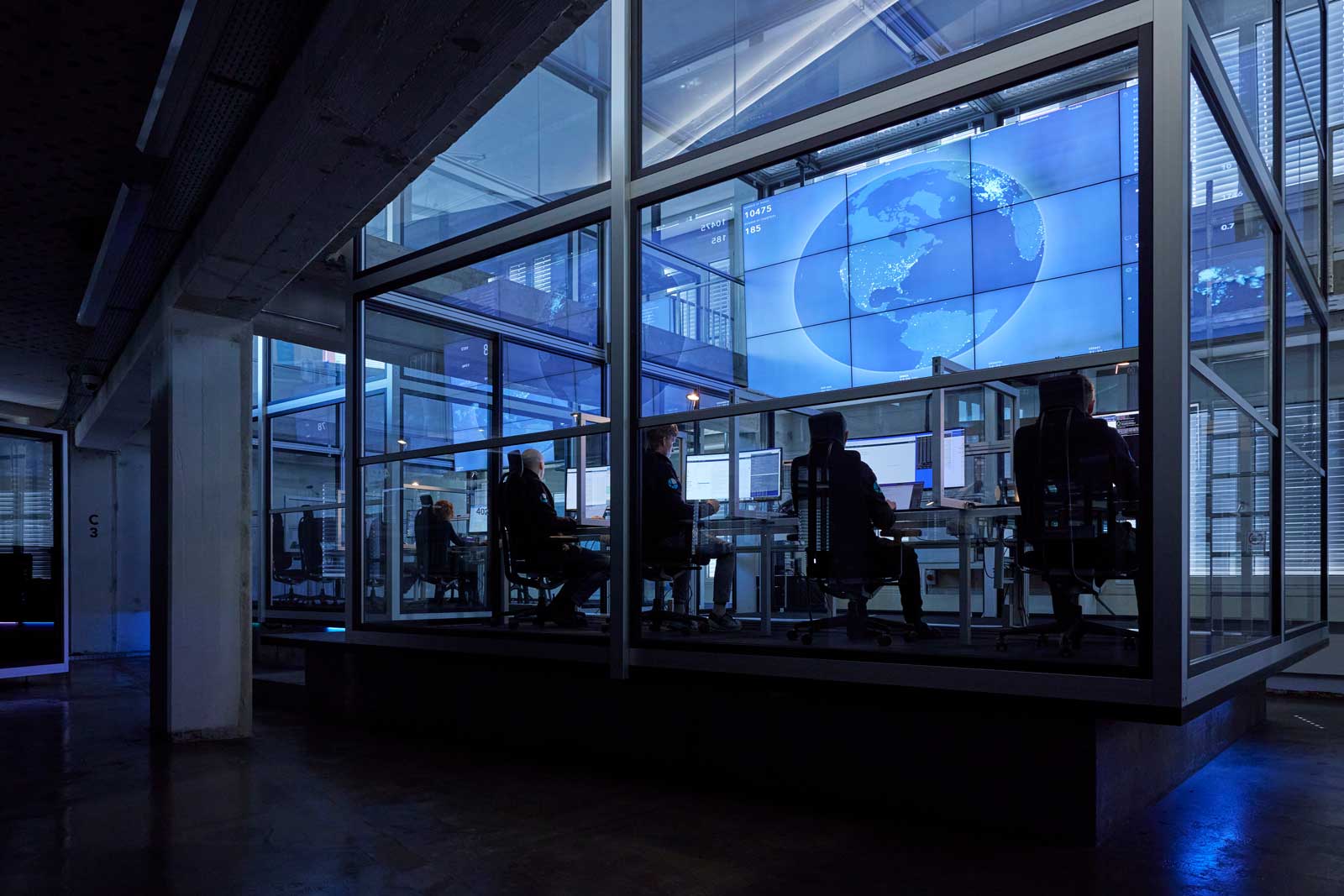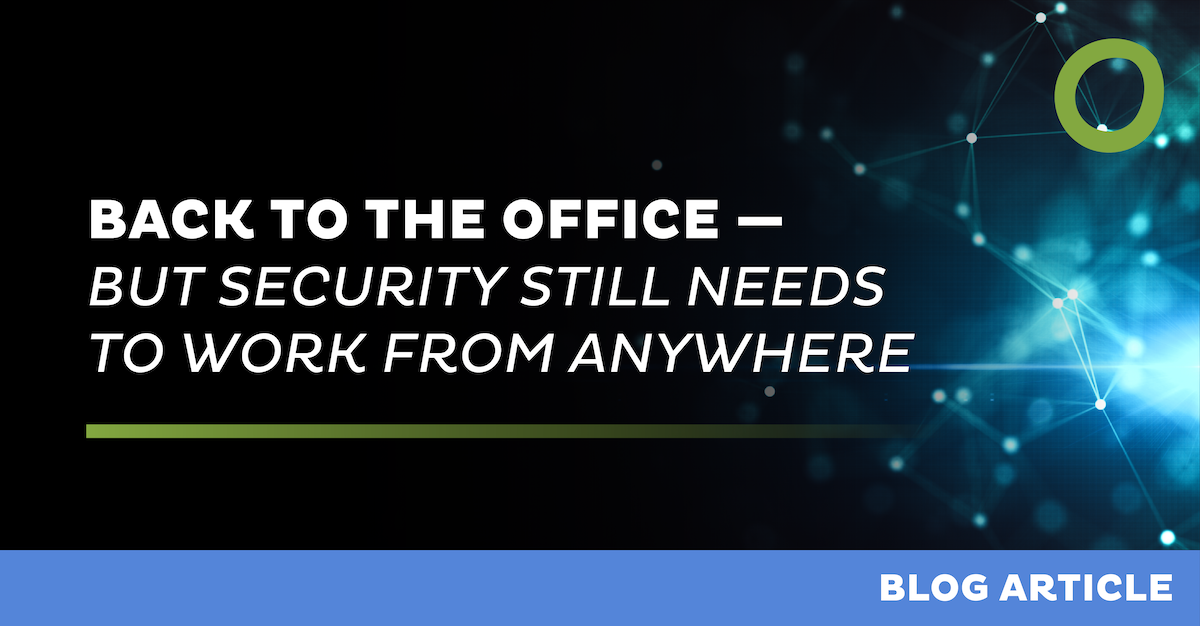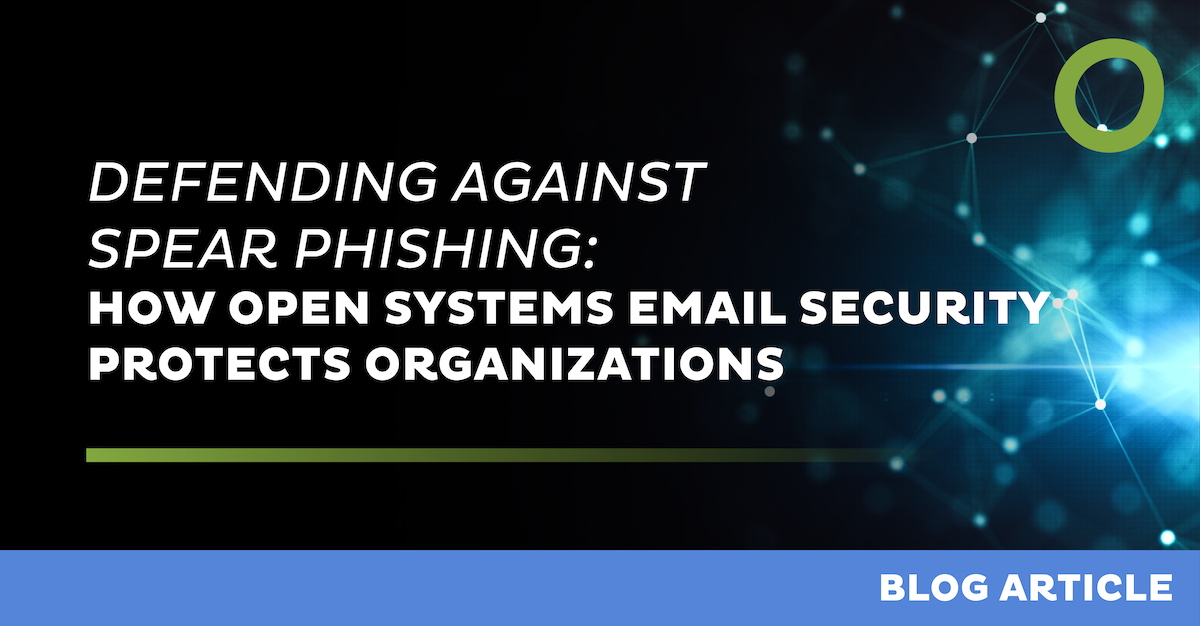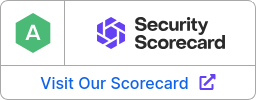
Open Systems Voices: Advice for Women Considering Engineering Roles
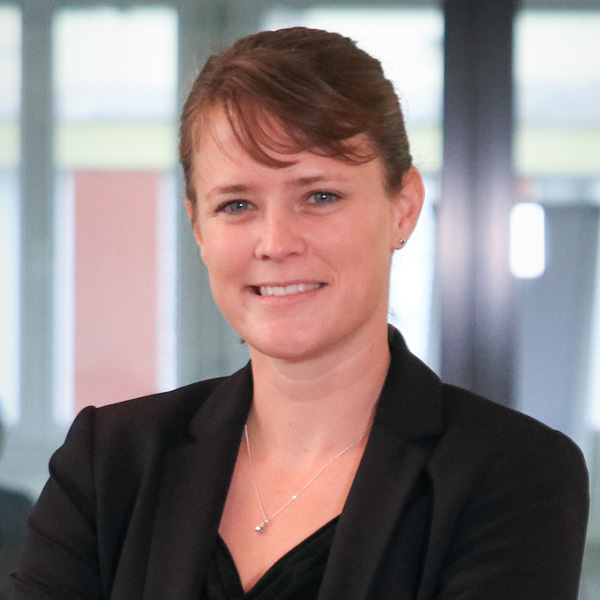

When I started at Open Systems more than 14 years ago, I had just graduated from university where I majored in computer engineering and was one of the few women in my graduating class. Then, I became the first woman hired to the engineering team at Open Systems. But I’m definitely not the last.
I’d always liked math, physics, and chemistry in school. I also liked building with Legos as a child, so it felt natural to go in an engineering direction. Computer engineering had the most opportunities. I still find it fascinating that I could work anywhere – for a hospital, at a manufacturing company, in a IT security company like Open Systems. Engineering is really creative because you’re always solving problems.
That’s been true here at Open Systems. When I was first hired, I worked on both the network and security sides and eventually became a technical account manager. After nearly eight years, I left Open Systems to take time to travel and explore some other opportunities like software development. But after a short time, I realized I was always challenging my colleagues about security topics, so I decided to change back to the IT security environment. By keeping an open mind, I realized how passionate I am about security.
When I returned to Open Systems nearly four years ago, I was hired as a senior sales engineer. I’m often asked about what it’s like to be a sales engineer, and I’m happy to share what I’ve learned over the years.
Understand the Customer
In my current role, I’m focused on the Open Systems MDR+ managed detection and response (MDR) service, and for that, you must understand the customer and what they need, as every customer environment is different.
During initial meetings with customers, we discuss the onboarding process in detail. We talk about the customer’s requirements and their responsibilities as well as our responsibilities. We’re also up-front about what’s included in the monthly services and we’re very transparent. I like that you have to really understand the customer – what they need and why they need it – because it may turn out they need a different approach and it’s not a match with our service.
Be Aware of Cultural Differences
The time I spent traveling also helps me in my work to understand that even though countries seem pretty similar, the cultures are often different.
In some countries what might be considered normal could be considered rude in others. Having experienced that, it helps me in my role where I meet people from all over the world. It can be a door opener to say, “in Switzerland, we have this saying…” and then ask if there’s something similar in their country – or if it doesn’t make sense at all to them. Small things like that can make both sides aware that we have differences, and it can enrich the business relationship.
Explore the Opportunities
In security operations, you can learn so much you won’t get stuck in a niche. Some days you feel you’re in the middle of a burning house, but you learn to keep calm because if you freak out, you don’t do as well. Once we were discussing how to solve a customer’s problem, and we were whiteboarding as we were working on it. There were so many areas to consider, so many connections to make, it felt like we were building a large global city.
In my job now, I’m creating solutions for customers all the time thinking outside of the box, considering different pieces and putting them together, trying to build the best solution for that particular customer.
Communicate Clearly – and Honestly
One of the most important things is being able to put yourself in the other person’s shoes. I listen actively to try to understand the customer, asking if I’ve understood correctly using my own words, and that makes a big difference. It’s important to be able to say, “I don’t know, but I can find out” and not be too proud or perfectionistic.
Have Confidence in Your Abilities
How I step into a meeting is different now than when I started because I’m more confident. Early on, at a customer office the team lead changed and from the first meeting the new leader said he didn’t believe women understood technical stuff – and he didn’t think I knew anything. My own team reacted strongly, and I had to hold them back, saying, “I’m sorry to hear you feel like that, but let’s start working together and I hope I can change your mind.”
When I’m asked what I would say to other women, I’d say be proud of your achievements. For example, a couple of years back I gave my CV to a friend to review, and they pointed out how I was completely under-selling myself. So now I remind myself and other women to be confident in our achievements and not doubt ourselves.
Look for Your Allies
That’s one of the reasons I returned to Open Systems. I never felt anyone was treated differently – not me as a woman, nor anyone else for any other reasons. It was always about what I’m capable of. During meetings, customers are still sometimes surprised I’m the technical voice in the room. A recent RFP I worked on, the CIO was a woman but that’s a huge exception, since it’s still a male-dominated field.
But Open Systems has a good balance. If management doesn’t respect women, that reflects down the line. The culture within a company is so important! You have to feel comfortable and accepted to be able to perform at your best level.
Leave Complexity
Behind
To learn how Open Systems SASE Experience can benefit your organization, talk to a specialist today.
Contact Us